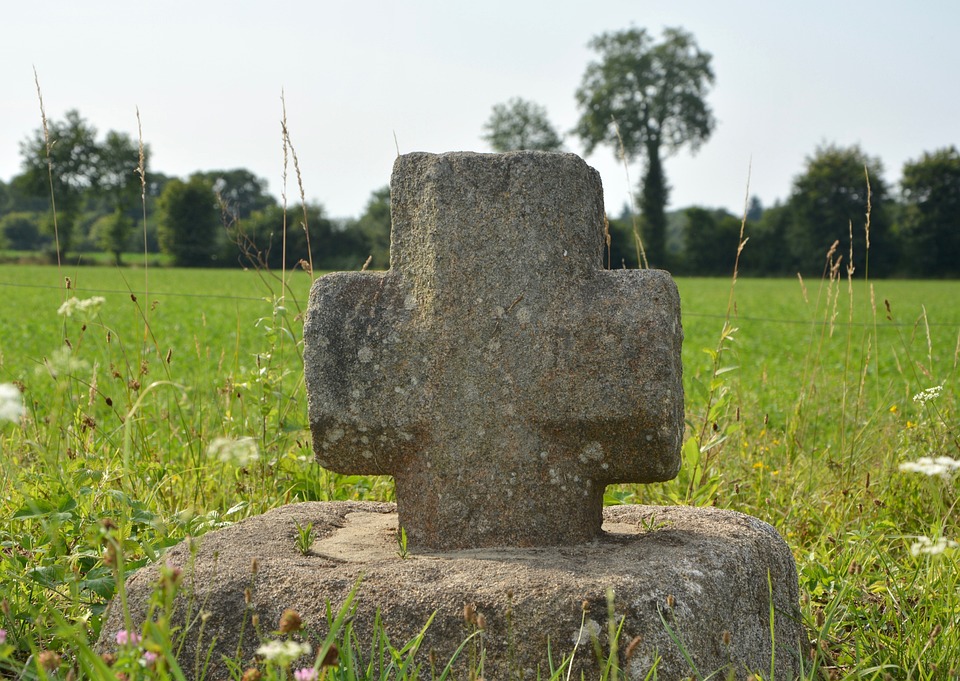Reflecting on the Contributions of John Kendall to String Pedagogy
Introduction
John Kendall is a name that holds great significance in the world of string pedagogy. His contributions to the field have had a lasting impact on the way string instruments are taught and learned. Through his innovative approaches and dedication to excellence, Kendall has left behind a legacy that continues to influence string teachers and students around the world.
Early Beginnings
John Kendall was born on June 10, 1917, in Yonkers, New York. He began studying the violin at a young age and showed great promise as a musician. Kendall went on to study music at the renowned Juilliard School in New York City, where he honed his skills and developed a deep passion for string pedagogy.
Development of the Suzuki Method in the United States
One of Kendall’s most significant contributions to string pedagogy was his role in introducing the Suzuki Method to the United States. After studying with Shinichi Suzuki in Japan, Kendall was inspired by Suzuki’s innovative approach to teaching violin to young children. He brought this method back to the United States and began implementing it in his own teaching.
Kendall’s efforts to popularize the Suzuki Method in the United States helped to revolutionize string pedagogy and make music education more accessible to young students. By emphasizing the importance of ear training, memorization, and group learning, Kendall helped to create a new model for teaching string instruments that focused on developing a strong foundation of musical skills from an early age.
Advocacy for String Education
In addition to his work with the Suzuki Method, Kendall was also a passionate advocate for string education in the United States. He believed strongly in the importance of music education for all students and worked tirelessly to promote the value of string programs in schools.
Kendall was a founding member of the American String Teachers Association (ASTA) and served as its president from 1970 to 1972. Through his leadership and advocacy efforts, Kendall helped to raise the profile of string education in the United States and ensure that students had access to high-quality music instruction.
Innovative Teaching Methods
Throughout his career, John Kendall was known for his innovative teaching methods and creative approaches to string pedagogy. He believed in the power of teaching through demonstration and encouraged his students to learn by listening and imitating.
Kendall also incorporated elements of movement and creativity into his teaching, helping his students to develop a deep connection to the music they were playing. By engaging his students in a holistic approach to music education, Kendall was able to inspire a love of music that lasted a lifetime.
Legacy and Influence
John Kendall’s impact on string pedagogy can still be felt today. His contributions to the field have helped to shape the way string instruments are taught and learned, and his innovative approaches continue to influence teachers and students around the world.
Kendall’s dedication to excellence and his passion for music education have inspired generations of string teachers to strive for greatness in their own teaching. His commitment to fostering a love of music in students of all ages has helped to create a lasting legacy that will continue to shape the future of string pedagogy for years to come.
Conclusion
In conclusion, John Kendall was a pioneer in the field of string pedagogy whose contributions have had a lasting impact on music education. Through his advocacy for the Suzuki Method, his innovative teaching methods, and his dedication to excellence, Kendall helped to revolutionize the way string instruments are taught and learned.
By inspiring students and teachers alike to strive for greatness in their musical pursuits, Kendall has left behind a legacy that continues to influence the world of string pedagogy. His passion for music education and his belief in the power of music to transform lives will be remembered for generations to come.


